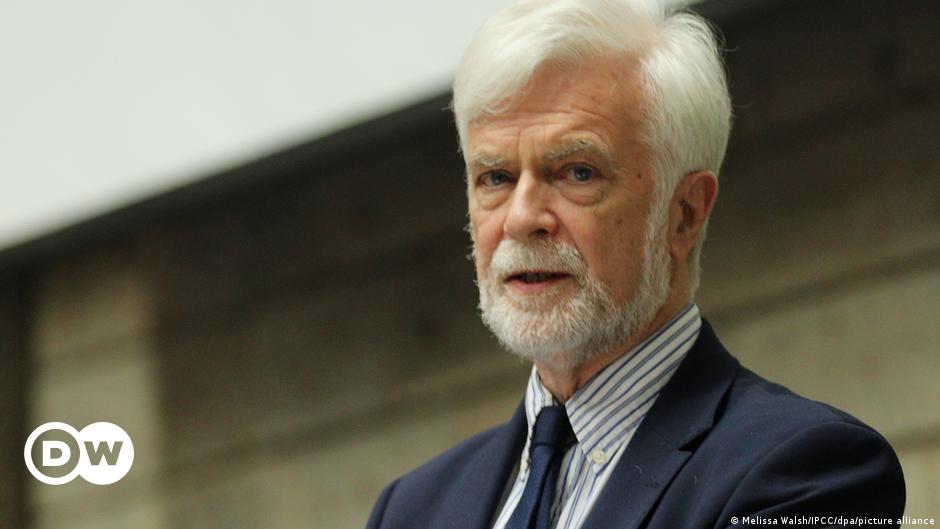In short, we aren’t on track to an apocalyptic extinction, and the new head is concerned that rhetoric that we are is making people apathetic and paralyzes them from making beneficial actions.
He makes it clear too that this doesn’t mean things are perfectly fine. The world is becoming and will be more dangerous with respect to climate. We’re going to still have serious problems to deal with. The problems just aren’t insurmountable and extinction level.



Yet I don’t see why we need any suffering - we have the technology to take us a lot of the way.
While you can argue the focus on cars, EVs will make a big difference, are available for essentially no lifestyle change, and getting close to price parity. We are at the point where scaling up will tip us past. While it’s too little, too late, this is only 10-15 years. The only losers are companies that can’t change but at that rate the global car companies will be Tesla, Hyundai, and a couple Chinese brands
While you can argue storage, renewable energy generation is growing even faster. It’s 20 years behind what we need but it is getting there
For my part,I just paid ridiculous amounts to an electrician, a plumber, and an appliance retailer, to convert my cooking from gas to induction (one small step to reduce my carbon impact and improve my respiratory health). The technology exists, it should not impact my lifestyle, but at least here in the US, it needs people willing to pay more to establish the market
And these are assuming you don’t change anything. It will be such a huge lifestyle improvement to plug my car in overnight just like my phone. Such a huge improvement to only visit a refueling station a handful of times per year. Such a huge environmental improvement to watch the whole gasoline refining and distribution industries dry up and blow away. Such a huge lifestyle improvement as more people can get convenient transit through high speed trains. So much less pain if/when the entire natural gas infrastructure is no longer needed: so much less digging and construction, so much money that could be invested elsewhere
Literally none of this is viable on a massive enough scale to matter in the slightest. 2/3 of Americans live paycheck to paycheck, and spending power has been steadily plummeting for decades with no positive change in sight. Most people can’t afford a new car, or even a relatively new used one, and wil likely never be able to. For most, owning a home in their lifetime, or even renting from a decent landlord, is also pure fantasy, let alone the idea of overhauling one to be green and energy efficient. You’re part of a very small and shrinking bubble of people who have the extreme luxury of making even one of these choices, let alone all of them. In poorer countries, the situation is far worse.
It is entirely viable though. I am far from wealthy but do recognize the privilege of above average financial situation.
My state has set a deadline of 2035 for all new cars to be EV. After that point, all recent used cars will also be EVs. Ten years after that, most used cars will be EVs. It will happen. The goal is to make it realistic before then
Natural gas hookup bans are also a really good idea but much longer term. When you’re building a house, is the only time it doesn’t cost to convert to electric everything. Of course houses last much longer and most places don’t build enough, so this will take a very long time. My house is pushing 80, and we certainly can’t afford to wait that long for less polluting houses. However encouraging people who can, to convert when replacing a major appliance, will eventually make a difference